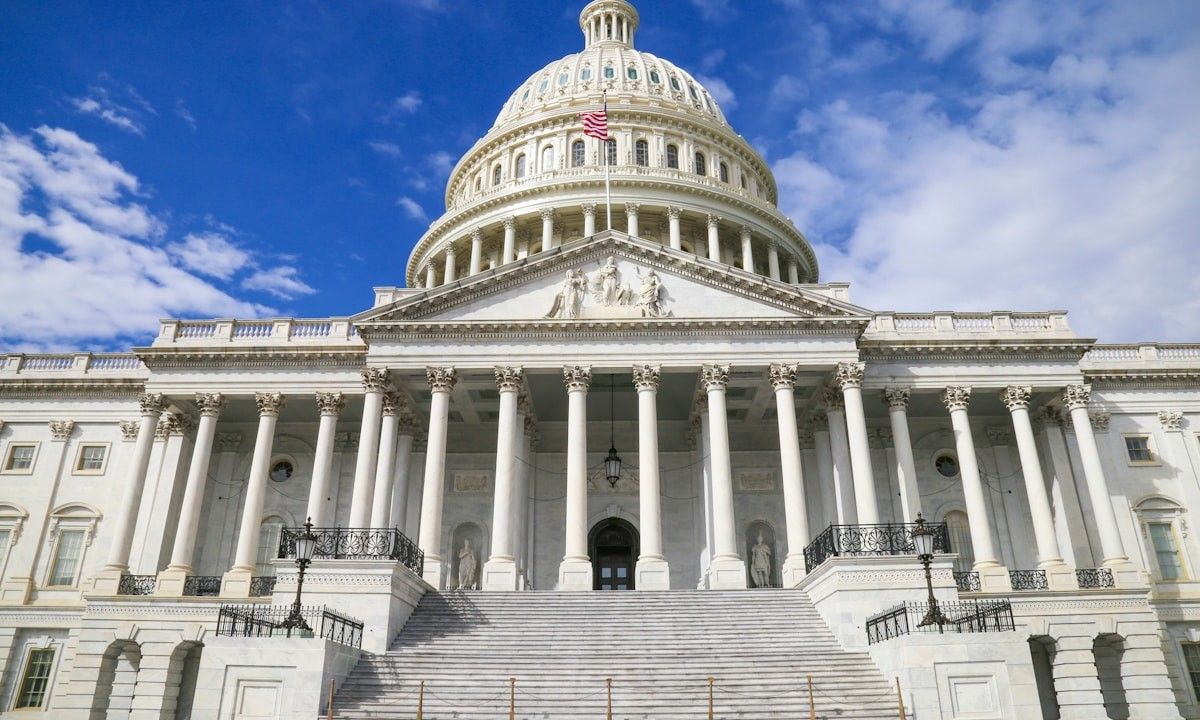eNews, Government
Treasury and White House hint at pausing BIS Affiliates Rule

Recent comments from Treasury Secretary Scott Bessent and the White House hint at plans to pause the new regulations introduced earlier this year with the Affiliates Rule, or the 50% Rule, amid ongoing talks with China.
Why it matters: The United States Department of Commerce’s Bureau of Industry and Security (BIS) plans to suspend enforcement for a year, aligning with China’s plan to postpone export restrictions on rare earths for one year, according to the White House.
In September, BIS introduced the Affiliates Rule, restricting entities that are 50% or more owned, directly or indirectly, by one or more parties listed on the Entity List, Military End-User (MEU) List or certain Specially Designated Nationals (SDN) and Blocked Persons List. The rule, which went into effect on Sept. 29, requires businesses to conduct more extensive due diligence when mapping out complex ownership structures, including indirect ownership, to avoid violations.
While Bessent has indicated halted enforcement of the rule, there has been no formal Federal Register Notice suspending the rule or a clear timeline when enforcement will resume. While the White House announcements suggest that enforcement will resume in November 2026, companies should exercise caution as we await more clarity on the decision.
“The prudent stance is to maintain ongoing diligence and risk-mitigation planning—mapping exposure to affiliates of listed entities and preparing policies and procedures—so that companies are not caught flat-footed if or when the rule is reinstated or revised,” said Ola Craft, senior trade advisor from Lowenstein Sandler LLP (Washington, D.C.). “The most cautious approach would be to start complying with the rule as a pause in enforcement does not preclude retroactive enforcement in the future.”
There are a few ways a formal suspension of the law can occur:
- BIS can issue a Federal Register Notice staying the effectiveness of the interim final rule.
- BIS can publish enforcement guidance that, while not changing the regulation’s text, formally memorializes an agency-wide enforcement pause.
- BIS can issue an interim final rule or final rule that revises effective dates, narrows scope or creates a temporary general license or carve-outs.
“Any of these options would typically be coordinated within Commerce, cleared through interagency review as needed and then published in the Federal Register,” Craft said. “The process is not conceptually complex and can move quickly once the policy is settled, but timing is inherently variable because it depends on internal clearances and any interagency equities. Timing may also be impacted by the current shutdown.”
The bottom line: Without an exact timeline on the suspension of the Affiliate Rule, credit professionals should exercise caution. “The best practice is to treat the enforcement pause as real but procedural, not yet codified,” Craft said. “Continue readiness work and watch for a BIS Federal Register Notice that may formalize the pause, define its duration or preview revisions.”
There are a few ways a formal suspension of the law can occur:





